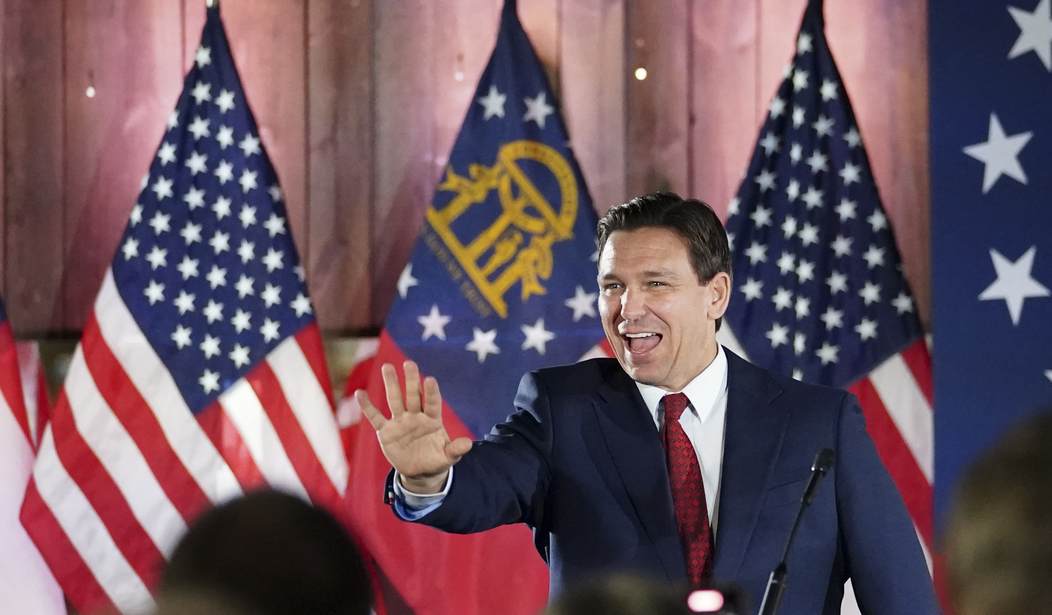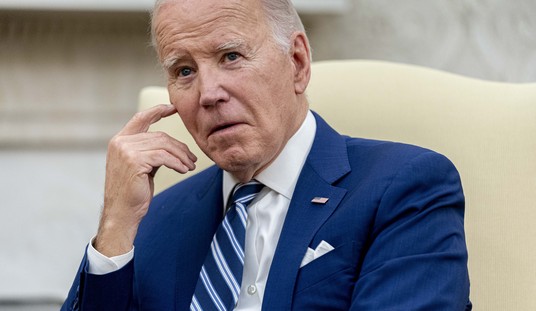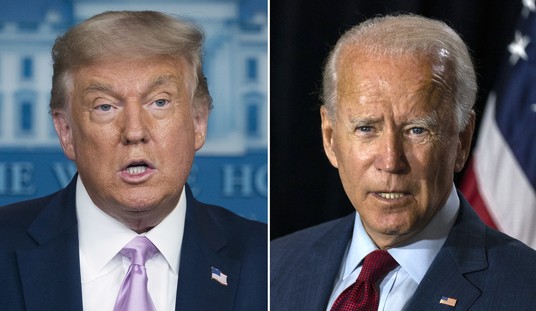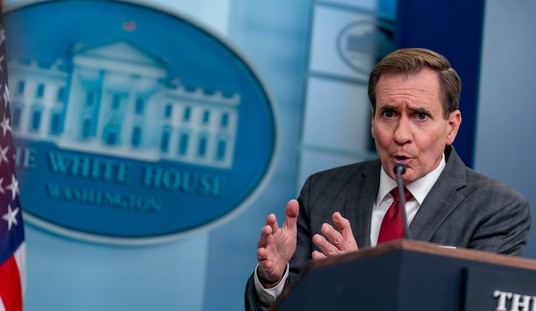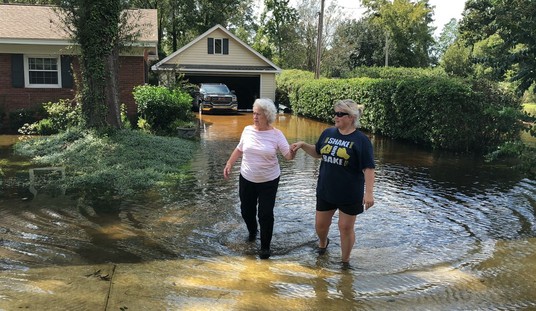The Florida State Board of Education has approved a rule expanding on the provisions of the Parental Rights in Education Act, which was passed last year amid controversy over the material being taught in K-12 classrooms. The original legislation prevented teachers from instructing students seven-years-old and younger on issues pertaining to sexuality and gender identity.
The new rule goes further, prohibiting middle school and high school teachers from instructing students about sexual orientation or gender identity, unless it is part of a reproductive health course or explicitly required by state academic standards. Teachers who do not comply could face suspension or revocation of their teaching license.
Predictably, the rule has been met with criticism from LGBTQ+ advocates and the White House, with some calling it “dystopian” and an infringement on freedom of education. They also argue that the policy will make for a less inclusive school environment.
Another issue that has arisen is confusion among teachers as to what can be discussed or taught in the classroom. The Miami Herald reported:
Shortly after the law went into effect, the State Board of Education invoked it to crack down on school policies that impact LGBTQ issues, including bathroom use and protections for students who confide personal information to school employees about their sexual orientation and gender identity. In other instances, school districts have rolled back other policies because of the law. Pasco County schools, for example, cited the law when it banned “safe space” stickers that show support for LGBTQ students.
Supporters of the rule argue that it will encourage discussions on these topics to take place at home rather than in schools. The rule will go into effect in 34 days at the earliest, giving schools and teachers time to prepare for the changes. Proponents of this approach also point out that while some have claimed the rules are confusing, the law clearly states that it related to classroom instruction, not necessarily conversations regarding those topics that come up organically.
When the Parental Rights in Education Act was first introduced, Democrats and members of the activist media labeled it as the “Don’t Say Gay” bill to deceive the public into believing that the legislation would prevent all mention of LGBTQ matters. Some like Reason Magazine’s Scott Shackford argued that this expansion of the law would prove the left right. He wrote:
When Republican Florida lawmakers introduced and passed H.B. 1557, opponents quickly started calling it a “Don’t Say Gay” law. Florida Gov. Ron DeSantis shot back that the law was only for kindergarten through third grade, even sparring with a reporter at a press conference about the text of the law. He subsequently used a clip of that response in a self-promoting video.
DeSantis’ response now looks like misleading nonsense. The law not only banned discussion of sexual orientation and gender through third grade, but it also contained an additional prohibition on any such instruction in a grade where it “is not age-appropriate or developmentally appropriate for students.” The law did not define these terms, leaving it to the state’s Board of Education. That board has decided that almost all discussion of these issues is inappropriate in public schools.
So what gives? Is this new rule only making the Democrats’ claims accurate? Or does it make sense to expand the provisions of the law?
Supporters of the expanded bill argue that it gives parents more control over their children’s education by allowing them to guide conversations about sexual orientation and gender identity at home. They believe that parents should have the primary role in teaching their children about sensitive topics and that schools should not interfere with their values and beliefs.
This is the spirit of the Parental Rights in Education Act. Over the past decade, progressives have been working to infuse their ideology into K-12 classrooms without the knowledge or consent of parents. They have taken the attitude that the state is the best entity to educate children and have shown no concern for the opinions of those who are raising them. Essentially, they seek to usurp the role of parents in determining how their children are raised.
Those opposing the law argue that it could lead to LGBTQ+ exclusion and erasure in schools. They believe that restricting discussions about sexual orientation and gender identity could prevent LGBTQ+ students from feeling accepted, supported, and included in the school environment. It could also limit LGBTQ+ students’ access to important information about their identities and rights.
Critics of the bill argue that it could limit diversity education in schools. They believe that discussions about sexual orientation and gender identity are important for promoting acceptance, tolerance, and understanding among students, and that excluding these topics from the curriculum could hinder students’ ability to develop inclusive attitudes and behaviors.
Opponents also contend that it could impose limitations on teachers and hinder their ability to provide comprehensive and inclusive education. They believe that teachers should have the freedom to discuss important social issues, including LGBTQ+ topics, in an age-appropriate and inclusive manner, in order to foster critical thinking and promote diversity and inclusion among students.
The reality is that schools are places where students should be learning, not being steeped in political ideology. There should be very little talk of sexuality or gender identity in these classrooms unless they are related to the topic at hand.
One LGBTQ activist who was present at hearings on this rule brought up the question as to whether teachers could teach 11-graders about the Supreme Court decision which legalized same-sex marriage. Personally, I would have no problem with that. It’s a case worth debating and could be used to foster critical thought among students who are old enough to deal with the subject matter.
However, if teachers were to use that case to send the message that one must agree with the decision or be labeled homophobic, that’s where we venture into problematic territory. If teachers are only using that ruling as a foundation for indoctrination efforts, it’s a totally different story.
The bottom line is that there are ways to deal with these topics without pushing a political agenda. It is possible that the new rules will prevent reasonable discussion on these issues from taking place. Much of this will likely be hashed out in court. But the reality is that the type of indoctrination progressives are pushing for should be stopped, and this could be a step in that direction as long as it does not go to the opposite extreme.
The opinions expressed by contributors are their own and do not necessarily represent the views of RedState.com.

